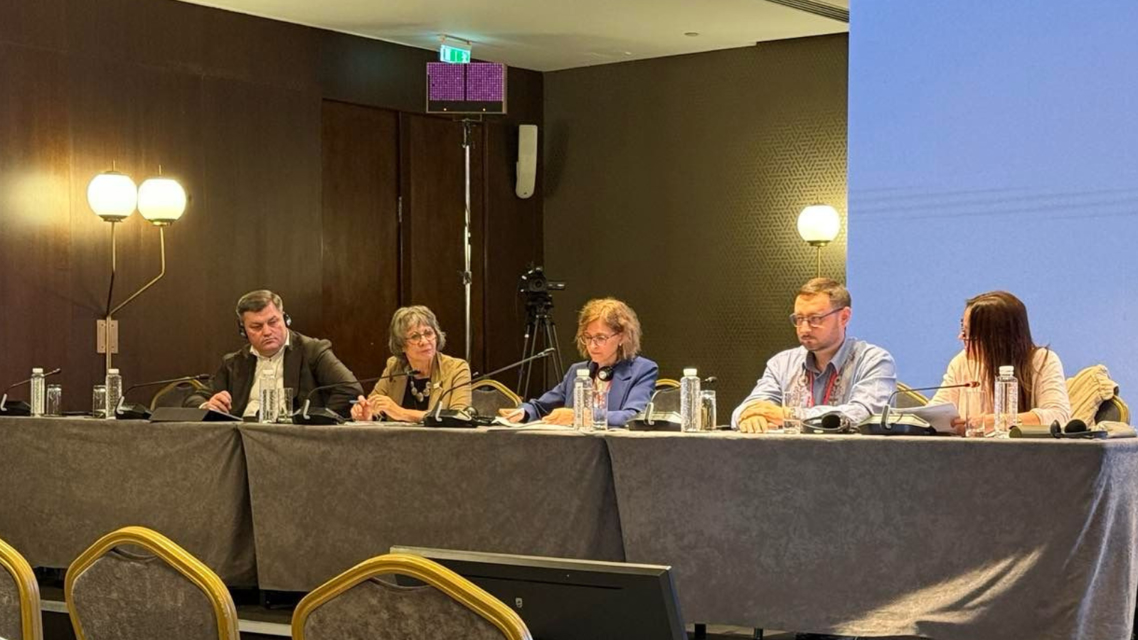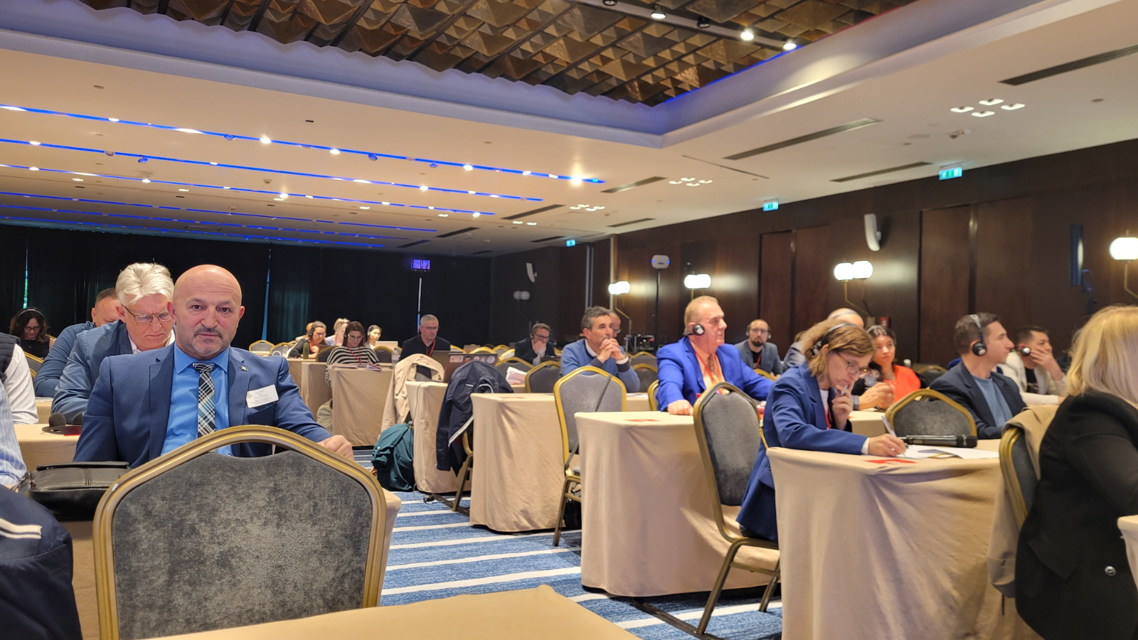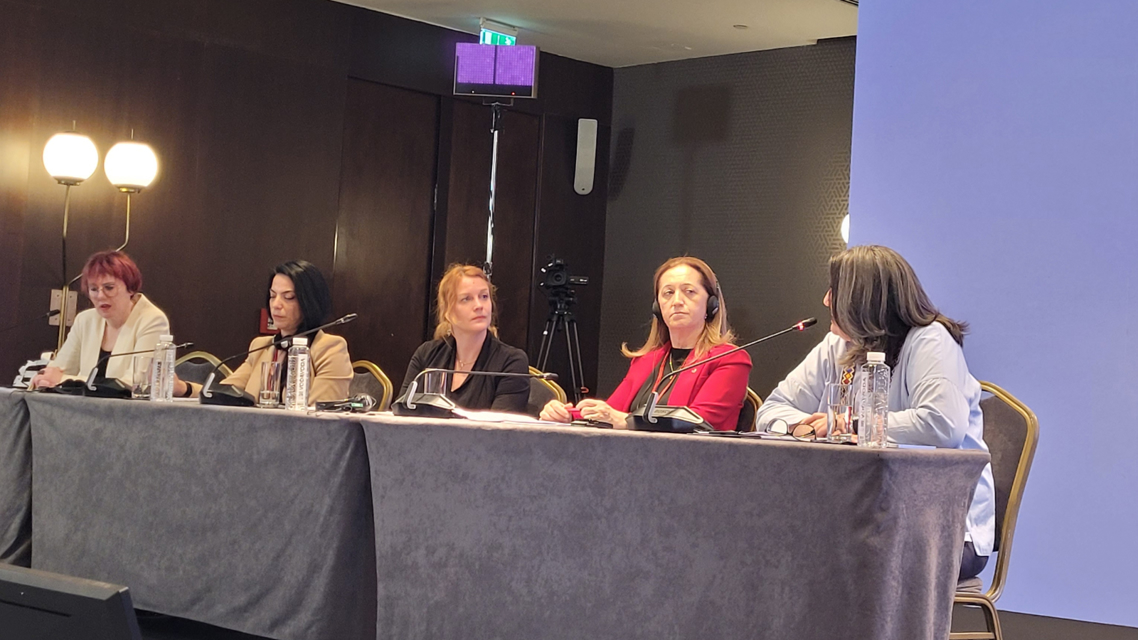At a high-level conference hosted by the European Trade Union Confederation (ETUC) with support from the European Commission, trade unionists from current EU Member States and candidate countries gathered to discuss how to ensure workers' rights remain central to enlargement talks.
The event provided a platform for sharing lessons from past expansions and assessing current challenges in regions including the Western Balkans, Türkiye, Ukraine, and Moldova.
Tea Jarc, ETUC Confederal Secretary, delivered a clear message: “Trade unions must be part of the accession process.” She urged the Commission to include assessments of trade union involvement in progress reports and to ensure their role in implementing EU law, or the Acquis Communautaire.
Speakers from Croatia, Serbia, Montenegro and Türkiye offered candid evaluations of both setbacks and signs of progress. The consensus was unequivocal: meaningful social progress is impossible without the participation of trade unions.
Union leaders from Ukraine and Moldova highlighted the urgent need for EU support that goes beyond physical reconstruction to defending labour rights amid post-war recovery. Ukrainian representatives in particular underscored the importance of solidarity from the ETUC in their fight against regressive labour reforms.
IndustriAll Europe highlighted the perspective of industrial workers, drawing on the mixed legacy of the 2004–2011 enlargement. While the earlier enlargement raised expectations, many workers instead experienced neoliberal restructuring, union weakening, and significant brain drain. Two decades on, regional disparities persist and economic convergence remains elusive. This disillusionment is fuelling support for anti-European, far-right forces that exploit social frustration while threatening democratic values. If workers do not see enlargement as a project that delivers for them, trust in the European project risks further erosion.
IndustriAll Europe outlined its key demands to ensure enlargement delivers for working people:
- Mandatory involvement of trade unions in negotiations and monitoring
- Social conditionality attached to EU and national funding
- Strong sectoral collective bargaining frameworks
- Measures to combat brain drain and guarantee decent work locally
IndustriAll Europe also stressed its ongoing commitment to integrating unions from accession countries into its European-level policy and organising work.
Judith Kirton-Darling, General Secretary of industriAll Europe, summed up the challenge: “We support EU enlargement – but not at any social cost. If the EU wants to be a political project for all, then it must deliver for workers in all regions. This means social conditionality, real collective bargaining, and a seat at the table for trade unions. Nothing about us without us!”


